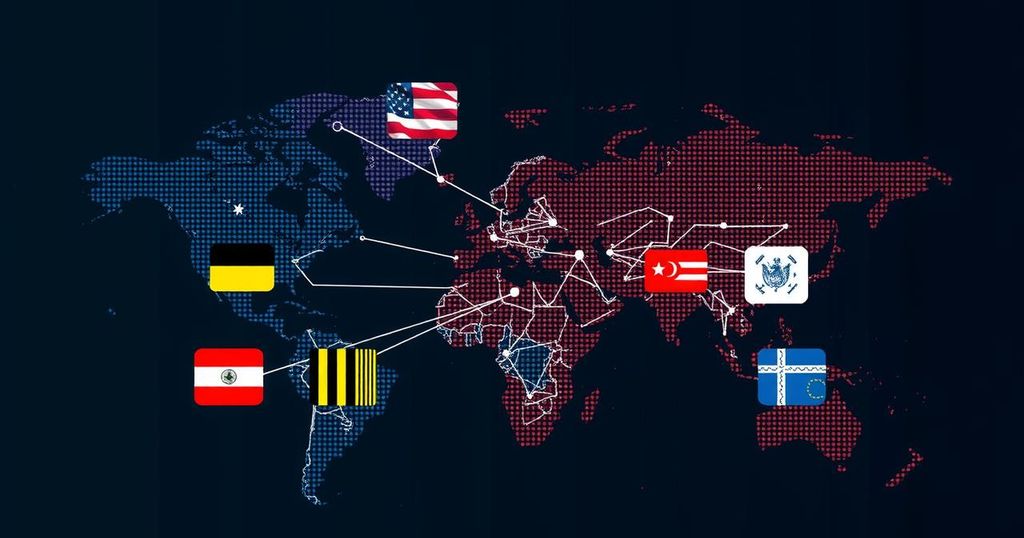Global news
AFRICA, CAPACITY BUILDING, COUNCIL, COUNCIL OF EUROPE, COUNCIL OF EUROPE TREATY OFFICE, CYBERCRIME PROGRAMME OFFICE OF THE COUNCIL OF EUROPE, DIPLOMACY, DIPLOMATIC RELATIONS, EUROPEAN UNION, KENYA, MALAWI, MINISTERS ’ DEPUTIES, OCEANIA, PAPUA NEW GUINEA, REGIONAL COOPERATION
Marcus Li
0 Comments
Kenya, Malawi, and Papua New Guinea Invited to Accede to Cybercrime Convention
On October 9, 2024, Kenya, Malawi, and Papua New Guinea were invited to join the Convention on Cybercrime (Budapest Convention), valid for five years, as part of the Council of Europe’s efforts to enhance international cooperation against cybercrime. This brings the total to 76 parties to the convention, supported by C-PROC initiatives such as GLACY-e and the Octopus Project.
On October 9, 2024, during the 1509th Meeting of the Ministers’ Deputies, Kenya, Malawi, and Papua New Guinea received an invitation to accede to the Convention on Cybercrime, also known as the Budapest Convention. This invitation is valid for a duration of five years and marks a significant step towards enhancing international cybercrime cooperation. With the support of the Cybercrime Programme Office of the Council of Europe (C-PROC) through various projects, these nations will benefit from increased capacity-building initiatives under the GLACY-e and Octopus Project.
The Convention on Cybercrime, or Budapest Convention, represents a pioneering legal framework aimed at addressing the challenges posed by cybercrime while enhancing cooperation among states. With the recent invitation of three additional countries, the total number of parties to the convention has reached 76, with two more having signed it, underscoring the expanding commitment to tackling cybercrime globally. The Council of Europe actively engages in building capacities within member states to combat cybercrime effectively, thus fostering a safer digital environment.
In summary, the invitation extended to Kenya, Malawi, and Papua New Guinea to accede to the Budapest Convention underscores the ongoing efforts of the Council of Europe to strengthen international collaboration in combating cybercrime. This move not only enhances the capabilities of the invited nations but also contributes to the overall progress in international cyber law and its enforcement.
Original Source: www.coe.int




Post Comment